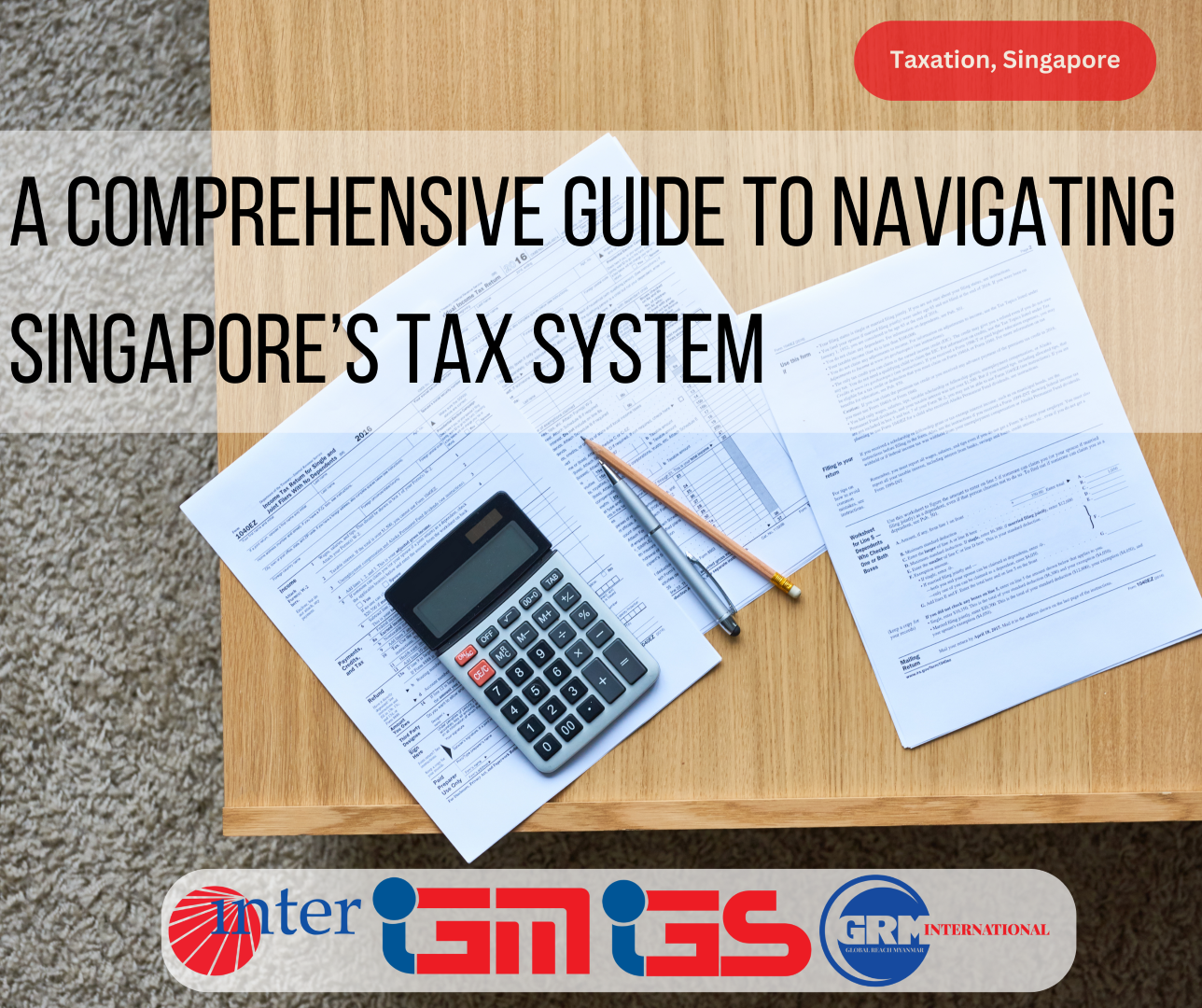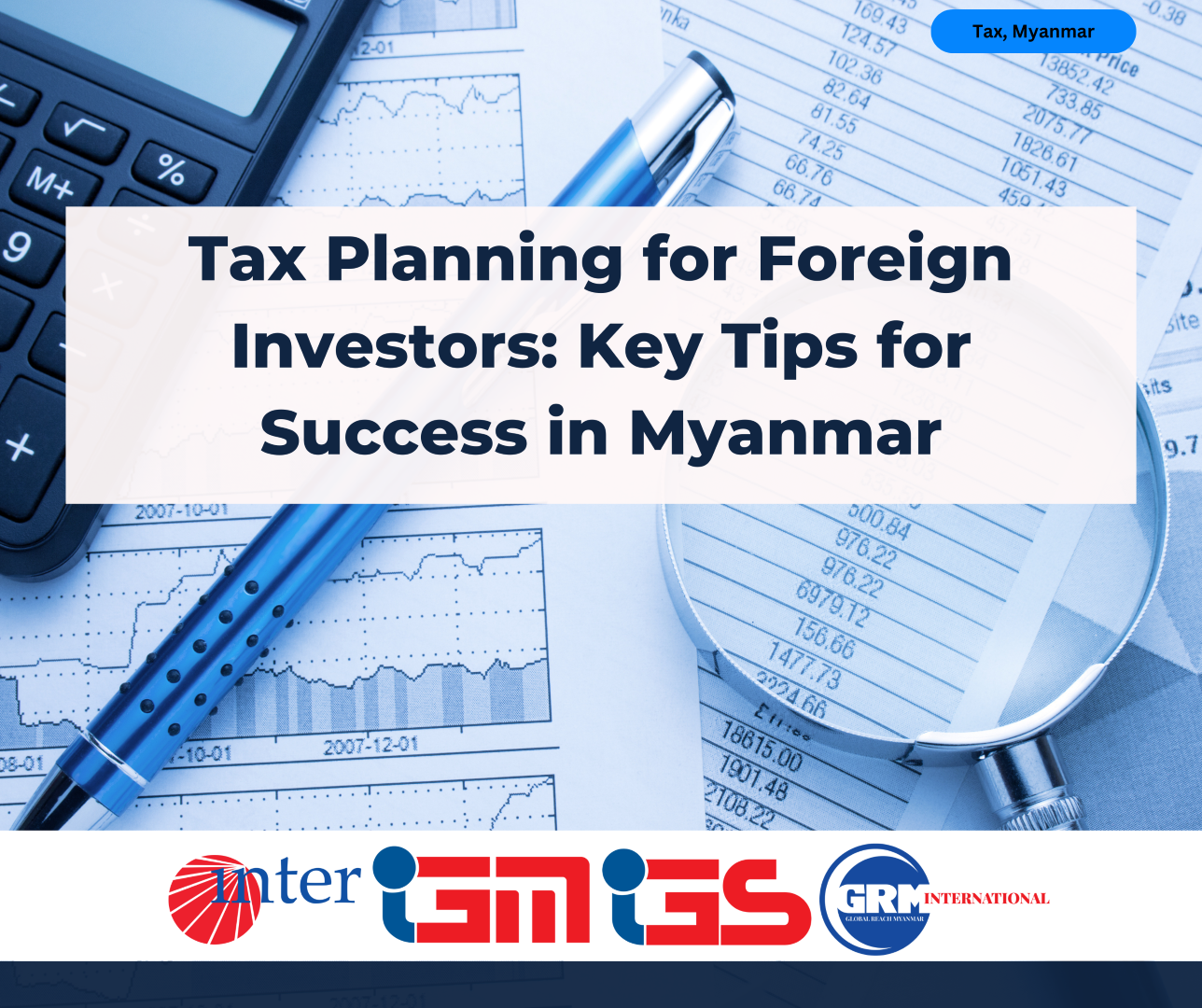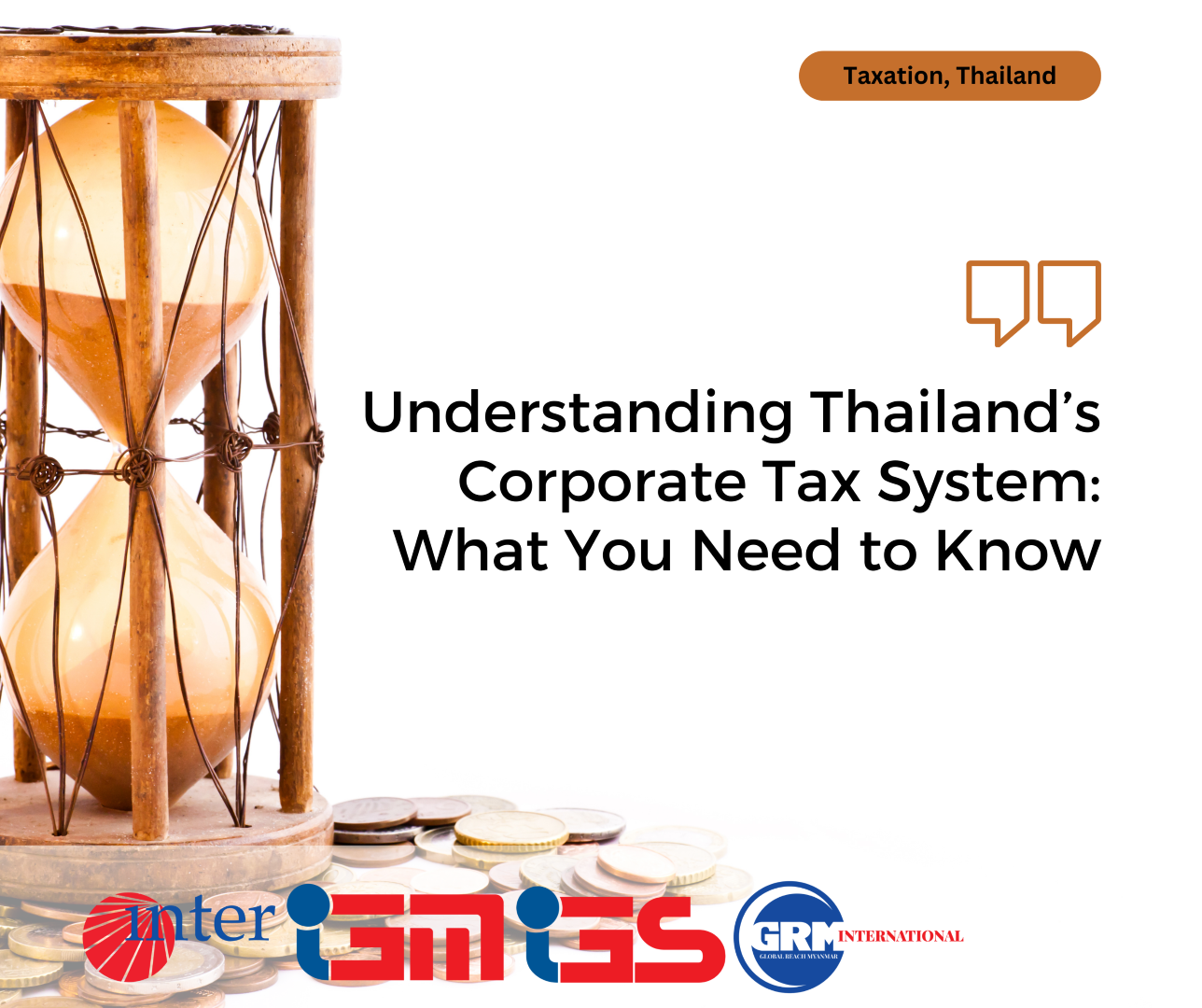
A Comprehensive Guide to Navigating Singapore’s Tax System
A Comprehensive Guide to Navigating Singapore’s Tax System
Singapore has long been recognized as one of the most business-friendly environments in the world, and its efficient tax system plays a pivotal role in this reputation. With a relatively low tax rate and a clear framework, navigating Singapore’s tax system can be straightforward, provided you understand the key components. This blog will serve as a comprehensive guide to help you understand Singapore’s tax system, the types of taxes applicable, and how Inter Group can assist you in ensuring compliance.
- Overview of Singapore’s Tax System
Singapore’s tax system is governed by the Inland Revenue Authority of Singapore (IRAS). It operates on a territorial basis, meaning that only income earned within Singapore is subject to tax. The system is designed to promote economic growth while ensuring fairness and simplicity. Here are the key characteristics:
- Low Corporate Tax Rates: Singapore offers one of the lowest corporate tax rates in the world, capped at 17%. However, various incentives and exemptions can reduce the effective tax rate for many businesses.
- No Capital Gains Tax: Singapore does not impose capital gains tax, making it attractive for investors and entrepreneurs.
- Goods and Services Tax (GST): Currently set at 8% (to increase to 9% from January 2024), GST is applied to most goods and services sold in Singapore.
- Types of Taxes in Singapore
- Corporate Income Tax
Corporate income tax is levied on the profits of companies. Here are some important aspects:
- Tax Rate: The corporate tax rate is 17%, but newly incorporated companies can benefit from a partial tax exemption scheme.
- Tax Exemptions: Startups may enjoy a 75% exemption on the first S$100,000 of chargeable income for the first three consecutive years of assessment.
- Personal Income Tax
Individuals residing in Singapore are taxed on their income according to a progressive tax rate system:
- Tax Rates: Rates range from 0% to 22%, depending on the level of income.
- Tax Residency: To be considered a tax resident, an individual must reside in Singapore for at least 183 days in a calendar year.
- Goods and Services Tax (GST)
GST is a value-added tax imposed on the sale of goods and services:
- Current Rate: The current rate is 8%, scheduled to increase to 9% in 2024.
- Exemptions: Certain goods and services, such as financial services and residential properties, may be exempt from GST.
- Property Tax
Property tax is imposed on property owners based on the annual value of their properties:
- Tax Rates: Rates vary depending on whether the property is residential or non-residential.
- Owner-Occupied Residential Properties: These enjoy a lower tax rate compared to rental properties.
- Other Taxes
Other taxes in Singapore include Stamp Duty on property transactions, Excise Duties on specific goods (like alcohol and tobacco), and Withholding Tax on certain payments made to non-residents.
- Key Considerations for Businesses
- Tax Compliance
Understanding and complying with tax obligations is essential for businesses operating in Singapore:
- Filing Requirements: Companies must file their corporate income tax returns annually. Failure to do so may result in penalties.
- Documentation: Proper documentation of income and expenses is crucial for accurate reporting and compliance.
- Tax Incentives and Schemes
Singapore offers various incentives to promote business growth and innovation, including:
- Pioneer Certificate Incentive: This provides tax exemptions for qualifying companies engaged in specific industries.
- Investment Allowance: Companies can claim additional tax deductions for qualifying capital expenditures.
- International Tax Agreements
Singapore has signed numerous Double Taxation Agreements (DTAs) with other countries to prevent double taxation on income. Understanding these agreements is vital for businesses operating across borders.
- How Inter Group Can Assist You
Navigating Singapore’s tax system can be complex, but Inter Group is here to help. Our team of tax experts offers the following services:
- Tax Advisory: We provide tailored tax advisory services to help you understand your tax obligations and optimize your tax position.
- Compliance and Filing: Our professionals ensure that your tax returns are filed accurately and on time, minimizing the risk of penalties.
- Tax Planning: We assist in developing effective tax planning strategies to take advantage of available incentives and exemptions.
- Cross-Border Taxation: For businesses operating internationally, we can help you navigate the complexities of cross-border taxation and DTA implications.
- Conclusion
Understanding Singapore’s tax system is essential for businesses and individuals looking to thrive in this dynamic environment. With a low corporate tax rate, a simple tax framework, and various incentives, Singapore continues to attract investments and drive economic growth.
By partnering with Inter Group, you can ensure that your business is compliant with local tax regulations while maximizing tax efficiency. Contact us today to learn more about how we can assist you in navigating Singapore’s tax landscape and support your business success!


